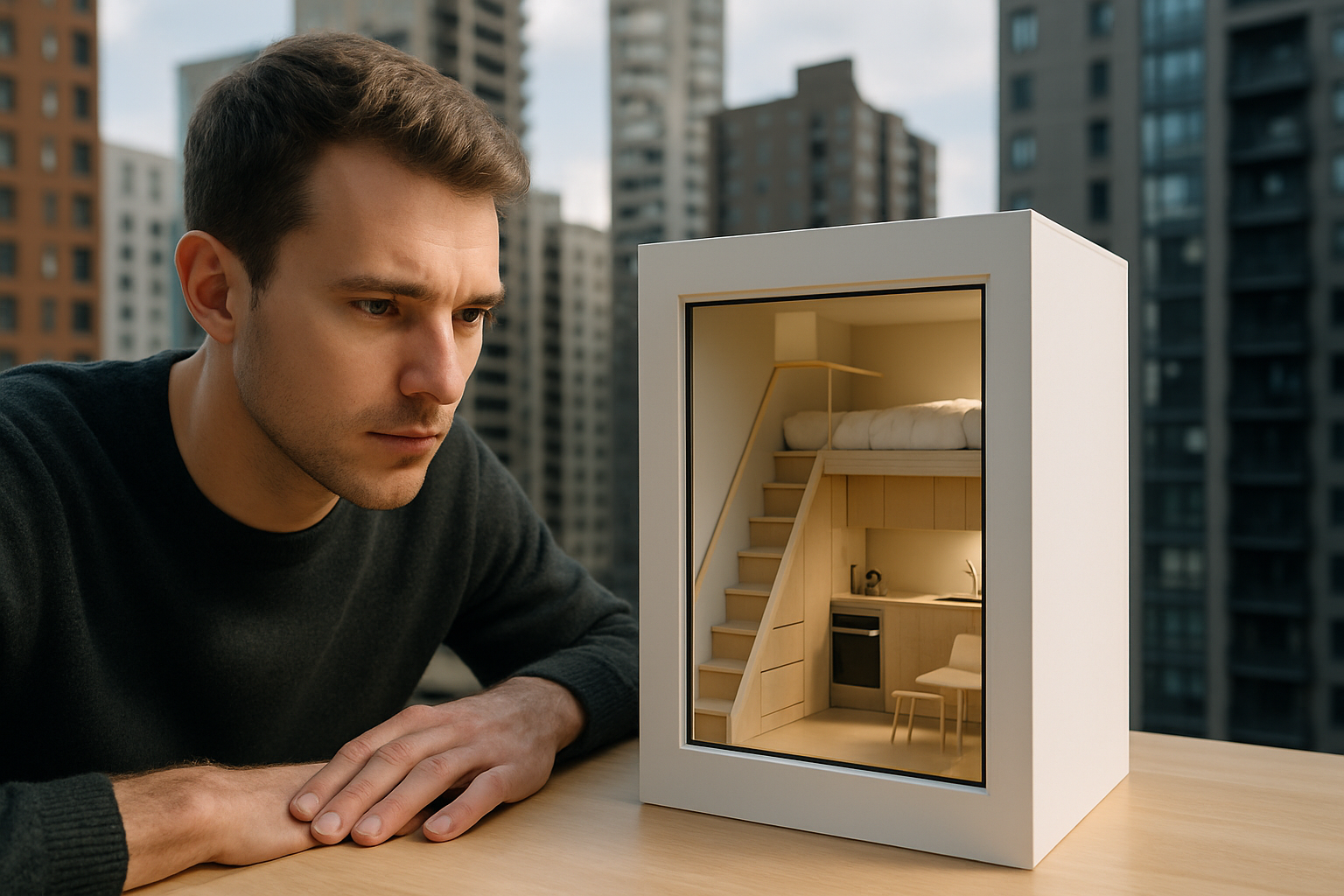Smart Locks: Enhancing Home Security with Modern Technology
Smart locks offer a modern approach to home and office security, allowing keyless access through smartphones, codes, or fingerprints. They provide convenience, remote control, and activity tracking, making it easier to manage entry while enhancing safety and peace of mind.

How do smart locks work?
Smart locks utilize digital technology to secure and grant access to homes. They typically connect to a home’s Wi-Fi network, allowing users to control the lock remotely through a mobile app or web interface. Most smart locks use encrypted communication protocols to ensure secure data transmission between the lock and the user’s device. Some models also incorporate features like biometric authentication, keypad entry, or proximity sensors that can automatically unlock the door when an authorized user approaches.
What are the benefits of upgrading to smart locks?
Upgrading to smart locks offers several advantages for modern homes. One of the primary benefits is the ability to control access remotely, allowing homeowners to lock or unlock their doors from anywhere with an internet connection. This feature is particularly useful for granting temporary access to service providers or guests without being physically present. Smart locks also eliminate the need for physical keys, reducing the risk of lost or stolen keys compromising home security.
How do smart locks enhance home security?
Smart locks contribute to enhanced home security in multiple ways. Many models offer features like automatic locking after a set period, ensuring that doors are never accidentally left unlocked. Advanced smart locks may include built-in alarm systems that alert homeowners to potential break-in attempts. Additionally, smart locks often integrate with broader home security systems, allowing for more comprehensive protection and monitoring of a property.
What features should homeowners consider when choosing a smart lock?
When selecting a smart lock, homeowners should consider several key features. Compatibility with existing smart home ecosystems is crucial for seamless integration. Battery life is another important factor, as most smart locks are battery-powered. Some models offer low-battery alerts to prevent unexpected lockouts. Additional features to consider include voice control compatibility, guest access management, and activity logs that track who enters and exits the home.
Are smart locks compatible with different types of doors?
Smart locks are designed to work with a variety of door types, but compatibility can vary depending on the specific model and door configuration. Most smart locks are compatible with standard deadbolt doors, which are common in many homes. However, some models may require specific door preparations or may not be suitable for certain door materials or thicknesses. It’s important for homeowners to check the compatibility of a smart lock with their existing door hardware before making a purchase.
| Smart Lock Model | Key Features | Estimated Price Range |
|---|---|---|
| August Wi-Fi Smart Lock | Wi-Fi enabled, auto-lock/unlock, guest access | $200 - $250 |
| Schlage Encode | Built-in Wi-Fi, fingerprint resistant touchscreen | $250 - $300 |
| Yale Assure Lock SL | Touchscreen keypad, works with multiple smart home platforms | $200 - $280 |
| Ultraloq U-Bolt Pro | 6-in-1 keyless entry, fingerprint sensor | $180 - $230 |
Prices, rates, or cost estimates mentioned in this article are based on the latest available information but may change over time. Independent research is advised before making financial decisions.
How do smart locks integrate with broader home automation systems?
Smart locks often serve as a cornerstone in broader home automation systems. Many models can integrate with popular smart home platforms like Amazon Alexa, Google Home, or Apple HomeKit. This integration allows users to incorporate their smart locks into automated routines or scenes. For example, a “goodnight” routine could automatically lock all doors, turn off lights, and adjust the thermostat. Some smart locks can also communicate with other smart devices, such as security cameras or doorbell cameras, to provide a more comprehensive home security solution.
In conclusion, smart locks represent a significant advancement in home security technology. By offering enhanced control, convenience, and integration with other smart home devices, these innovative locks are changing the way homeowners approach security. As the technology continues to evolve, smart locks are likely to become an increasingly common feature in modern homes, providing both peace of mind and practical benefits to users.




